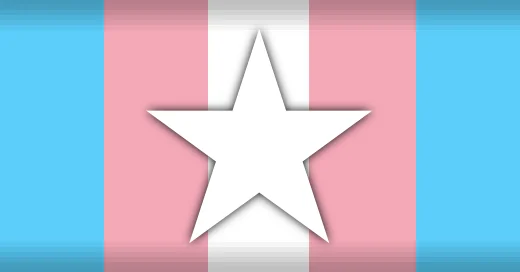It’s been a weird few months, and there’s been a big issue I hadn’t spared time to talk about because I didn’t know much about what was really going on and didn’t know what would change. I write in advance, so for all I know, what’s stable is going to be overthrown by the time the article goes up.
City of Heroes is back.
Kind of.
Maybe.
Maybe not.
Maybe for good.
It’s on my mind, though, and one thing that’s on my mind is watching friends get back into it, and build their characters, but to build their characters now as the people they are now, and that means for some of these players, it involves confronting a big change in their life.
For some people, we’re talking about a big shift.

See, a lot of the guys I used to play City of Heroes with aren’t guys any more (or never were, really, depending on how they want to talk about their gender). And for a lot of people, the character builder in that game, where you could tailor details about your character, where you could make your girl, and you were expected to make something that was yours was subversive and freeing.
We know that people use performative spaces to perform. We also know that a part of what people do when given anonmity and performance is to play with identity; to play with expressing who they are and what they are.
I talk at times, to students and to friends, about why games matter. One example I give is that games let us practice feelings we’re not ready to deal with yet. We practice grief in losing and we practice joy in winning. We practice being kind and we practice being decisive. Games are the place we make a section of the world where we can deal with enormous, dangerous, powerful ideas that we can be told don’t have a place in our life, that are not to be played with.
Sometimes, games can let you be a cute girl with superpowers.
And you realise that that’s what you wanted, with or without the superpowers.
Games don’t need me to fight for them, not really. Games are well established, they’re financially successful, they have a history of cultural writing and academic consideration centuries long. Some elements of games – the transitory and the seemingly low topics, and yes, the raunchy and the exploratory and the embarassing, the things that maybe make us cringe a little when we say them, like I discovered my queerness by making out with a snake girl in Pocket D?
Those are things I want to fight for, and I want to fight for them because my friends matter and what makes them happy is important.
1 Trackback